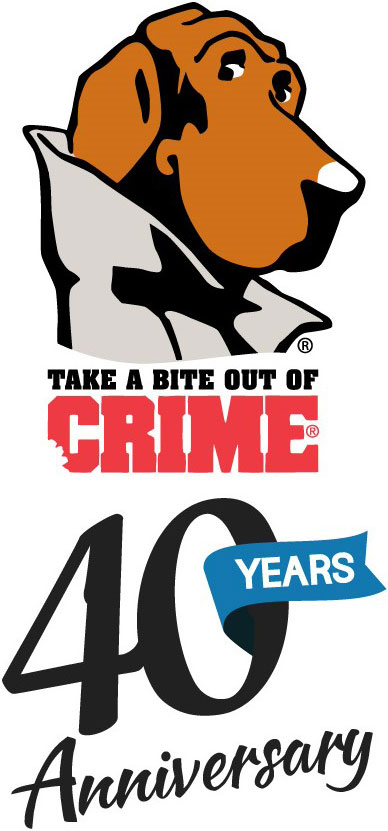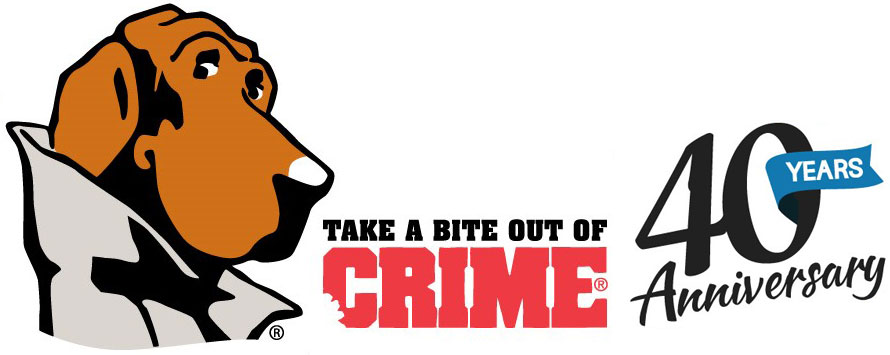Like Other Crimes, Piracy Doesn’t Pay
Piracy of intellectual property that’s protected by copyright law is a serious crime. Not only does it rob the makers of recordings, videos, movies, games, and other creative works of the money they are entitled to, but it costs tens of thousands of people their jobs each year. It also deprives governments at all levels of tax revenue. Piracy itself is a crime, and it causes an increase in other types of crime. Gangs and organized crime groups have both been linked to the piracy of creative work.
The most familiar type of piracy is the illegal copying and distribution of music, movies, and games from the Internet. While downloading these products—if you pay for them or have permission—isn’t a crime, it is a crime if they are sent to others or widely distributed. Once a tune or movie is posted on the Internet, it lives forever—and the artist behind the product is forever deprived of income.
Most people don’t know that they’re doing something illegal when they download a tune or buy an authorized product. They don’t realize that they’re costing people their jobs or contributing to crime. With the ease and speed of modern technology, it’s easy to make a mistake.
It’s easy to stay on the straight and narrow.
- Don’t illegally download and share music.
- Don’t download products from file-sharing services if you’re not entitled to them.
- Don’t pay a fee to join a file-sharing service that you know isn’t authorized to provide the goods it’s distributing.
- If shopping online, beware of sites that aren’t familiar to you—and that are selling expensive products at prices that are way too good.
- Look for the brand insignia of the manufacturer on the product and make sure it looks they way it’s supposed to.
- If your city or state has a sales tax, be suspicious when you buy something and no tax is collected.
- Don’t record a live public performance when you don’t have permission. Most public performances prohibit the use of video equipment, cameras, and other recording devices. You may be depriving the artist and those who depend on the artist from income.
- Remember that if the price is too good to be true, it probably is. The product offered at a bargain price is probably illegal.



